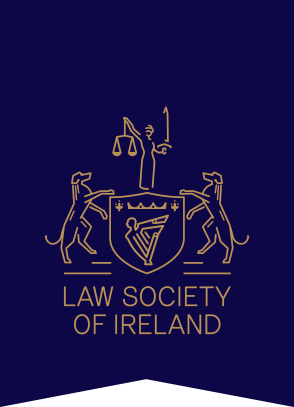Directors duties and obligations under Irish Law
So you’ve been approached about becoming a Director of an Irish based private limited Company. Here’s a quick guide to your duties and obligations as a Director under Irish law.It is clear that directors control a company in the interests of it’s owners. The owners are known as members. However, directors also have responsibilities under law and the company’s constitution (known as it’s memorandum and articles of association).
Who can be a company director?
You do not need any qualifications or experience to be a company director however you cannot be a director if for example you are a bankrupt or you have been found guilty of fraud.
What are the duties of directors?
Directors are akin to minders ie. they mind the assets of the company and their duties reflect that. There are judge made duties (known as common law duties) and legislation based duties (known as statutory duties – created by the government).
Common law duties
1. Directors must act in good faith and in the company’s interest and not use their powers for personal gain or for the benefit of others at the company’s expense;
2. Directors must not profit from being a director and must account for any profit secretly obtained;
3. Directors must act with due care, skill and diligence.
Statutory duties
1. When they are appointed, directors must furnish the company with personal and financial details. ie. do they own any shares in the company or a related company? Are they a director of any other companies? Do they have any interest in any company contracts? All this information needs to be updated by the director regularly and furnished to the company;
2. The directors must ensure that proper books of account are kept at all times. The books of account must record and explain the payments to and from the company, it’s debtors and creditors and also it’s assets and liabilities. A Financial Statement must be prepared by the company directors every year that gives a “true and fair view” of the company’s affairs. In most cases these statements will be audited. (except where the company decides not to have an audit);
3. The directors must also write a report annually known as a Directors Report to the members of the company;
4. The directors must call the company’s annual general meeting (AGM) and circulate a draft agenda to it’s members together with other relevant financial documentation in good time. Sometimes, directors (if required) will call an extraordinary general meeting (EGM) of the members to deal with urgent business;
5. The directors must arrange to keep minutes of what was said and decided at meetings. Registers of members, directors, and secretaries and the interests of each must be also be kept;
6. The directors must also ensure that the company (without delay) sends certain documentation and information to the Companies Registration Office (CRO) such as:-
• Financial Statements (incl. the Annual Return);
• Notice of change of registered office, director or secretary or details relating to each;
• Notices re: creation of a charge/mortgage against the company property;
• A memorandum of satisfaction of a mortgage.
NB. Directors can be penalised if they or the Company are found to have breached Irish Company law. In cases of serious default they may be held liable for the debts of the company.
Niall Colgan is a Cork based Solicitor with over 10 years experience.










